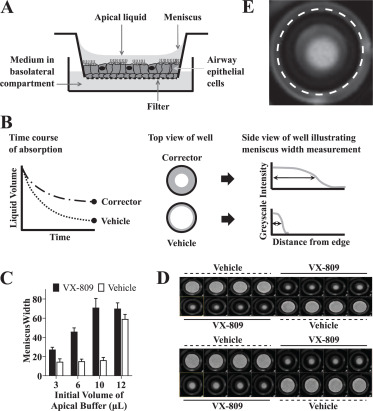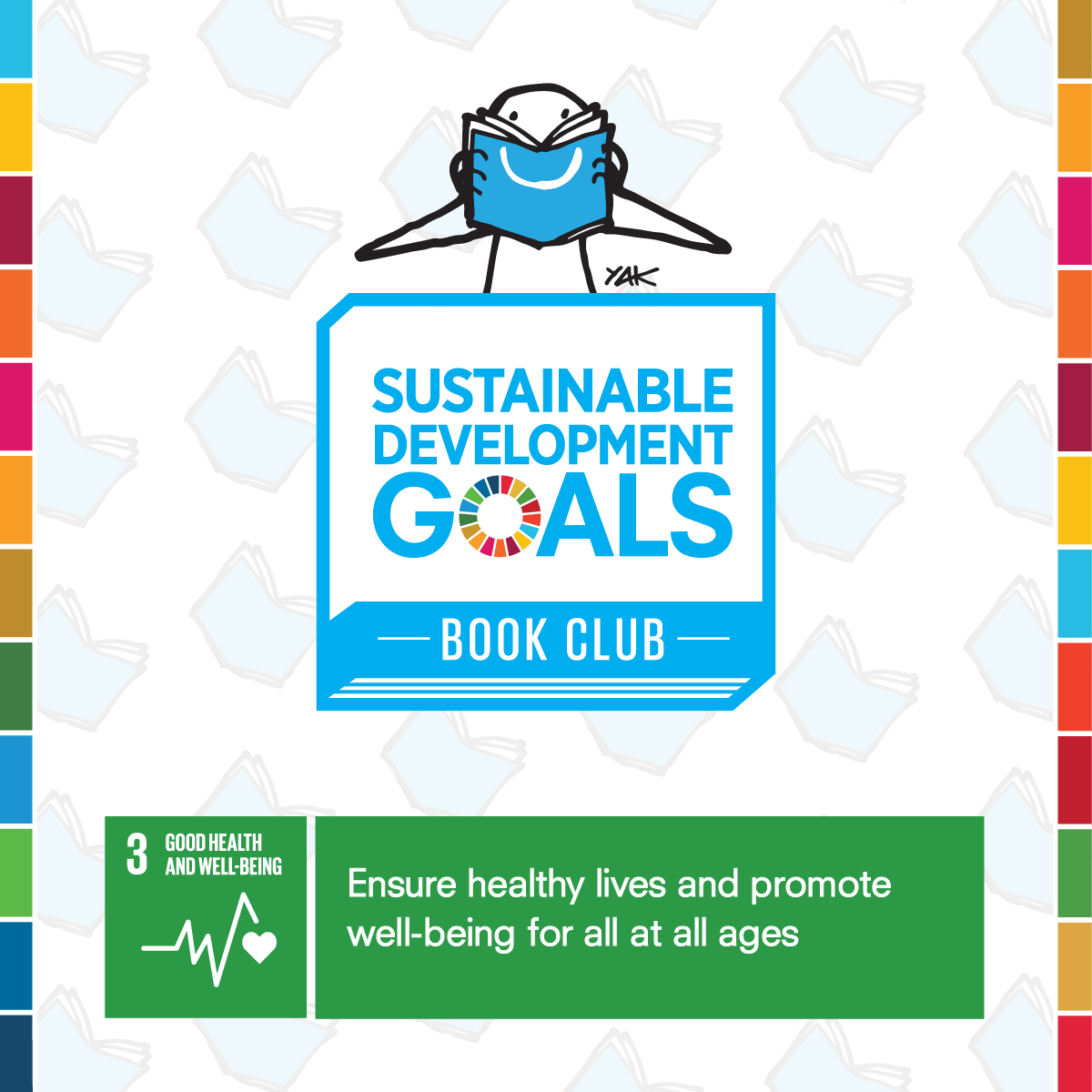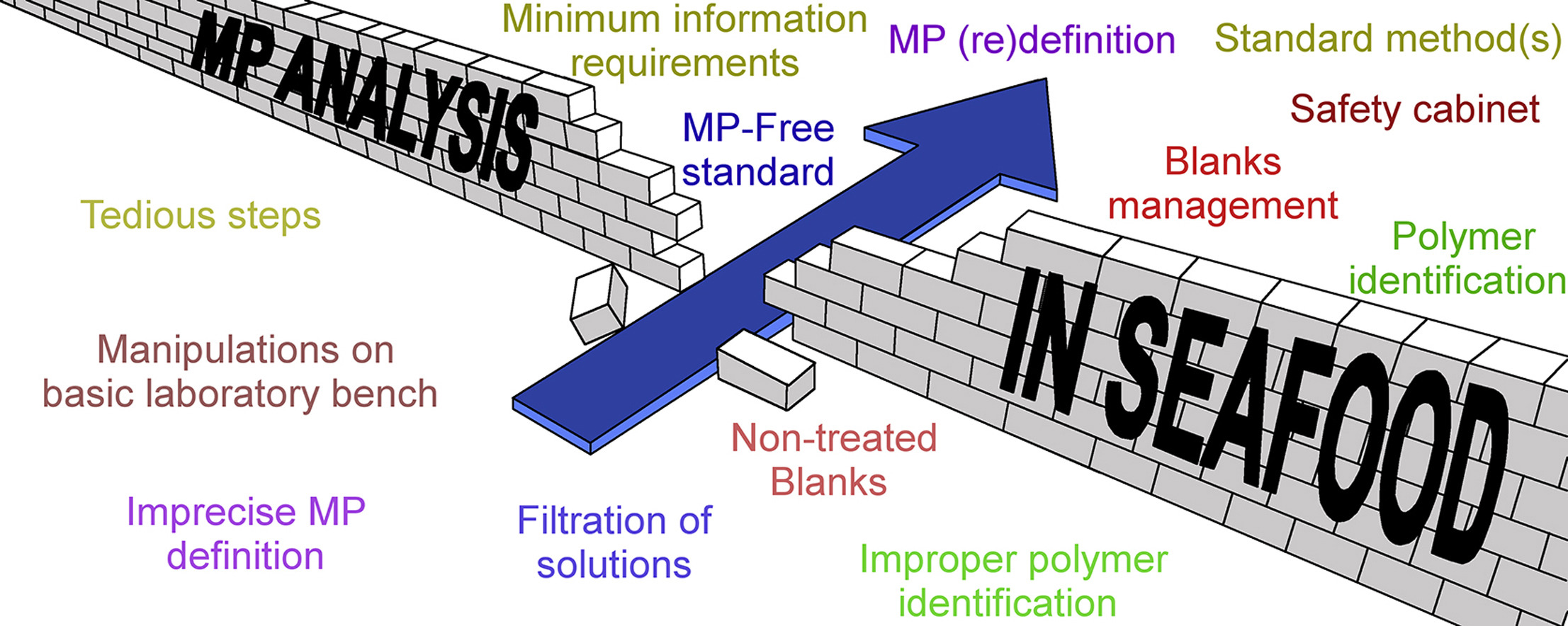High-throughput screening for drug discovery is increasingly utilizing cellular systems of high physiological relevance, such as patient primary cells and organoid cultures. We used 3D-cultured cystic fibrosis patient bronchial epithelial cells to screen for new small-molecule correctors of the disease-causing F508del mutation in CFTR. Impaired mucociliary clearance due to insufficient airway hydration is a hallmark of cystic fibrosis and we used a simple measure of surface liquid levels to quantify F508del CFTR correction in cultured bronchial epithelial cells. Two robust assay formats were configured and used to screen more than 100,000 compounds as mixtures or individual compounds in 96-well format. The corrector discovery success rate, as measured by the number of hits confirmed by an electrophysiology assay on patient primary bronchial epithelial cells, was superior to screens in cell lines expressing recombinant F508del CFTR. Several novel corrector scaffolds were discovered that when combined with the clinical corrector VX-809 delivered combination responses greater than double that of VX-809 alone. This work exemplifies the advantages of a disease-relevant readout and 3D-cultured patient primary cells for the discovery of new drug candidates.
This chapter addresses SDG10 and SDG3 by investigating how studying the impact of race and ethnicity on epigenetic differences related to disease may shed light on the biological pathways through which environments contribute to health disparities.
This Commission supports SDG 3 by summarising advances in understanding on the topic of physical health in people with mental illness, and presents clear directions for health promotion, clinical care, and future research. The report describes how disparities could be reduced through evidence-based prescribing and better integration of physical and mental health care.
This article selection displays a sample of research that Elsevier publishes in its microbiology and medical journals, highlighting Elsevier's contribution to the efforts of battling the huge problem of antimicrobial resistance (AMR). Research within this selection supports SDGs 3 (good health and well-being), 6 (clean water and sanitation), 12 (responsible production and consumption) and 17 (partnerships for the goals).
July 30th marks the fifth World Day Against Trafficking in Persons, a call to action—for individuals and organizations—to protect and promote human rights among some of the world’s most vulnerable populations. As part of the United Nations 2030 Agenda, and specifically SDG 8 (Decent Work) and SDG 16 (Peace, justice and strong institutions), the global community has agreed to eliminate trafficking and companies are expected to meet ethical expectations for human rights standards.
This microplastics special issue compiled by Trends in Analytical Chemistry supports many of the SDGs, namely SDGs 3 (good health and well-being), 9.5 (enhance scientific research), 12 (responsible consumption and production), 14 (life below water) and 15 (life on land).
Green Food Processing Techniques - Chapter 1: Green food processing: concepts, strategies, and tools
Green Food Processing Techniques, Preservation, Transformation and Extraction, 2019, Pages 1-21
This book chapter addresses SDGs 3 and 12 by explaining green food processing concepts, strategies, and tools.
The #SDGBookClub helps children learn about the Sustainable Development Goals. The book club presents a selection of books for children aged 5-12 on each of the goals. Check out the books that have been selected in support of Goal 3 - Good Health and Wellbeing.
For seventy years, mass plastic production and waste mismanagement have resulted in huge pollution of the environment, including the marine environment. The first mention of seafood contaminated by microplastics was recorded in the seventies, and to date numerous studies have been carried out on shellfish, fish and crustaceans. Based on an ad hoc corpus, the current review aims to report on the numerous practices and methodologies described so far.
Objective: Attention is drawn to the potential of global warming to influence the health and wellbeing of the human race. There is increasing public and governmental pressure on healthcare organisations to mitigate and adapt to the climate changes that are occurring. The science of anaesthetic agents such as nitrous oxide and the halogenated anaesthetic agents such as greenhouse gases and ozone-depleting agents is discussed and quantified. Additional environmental impacts of healthcare systems are explored.





